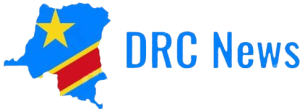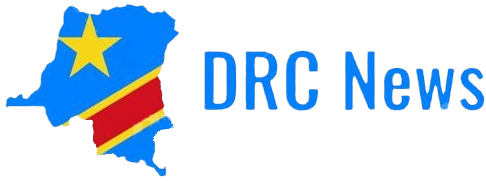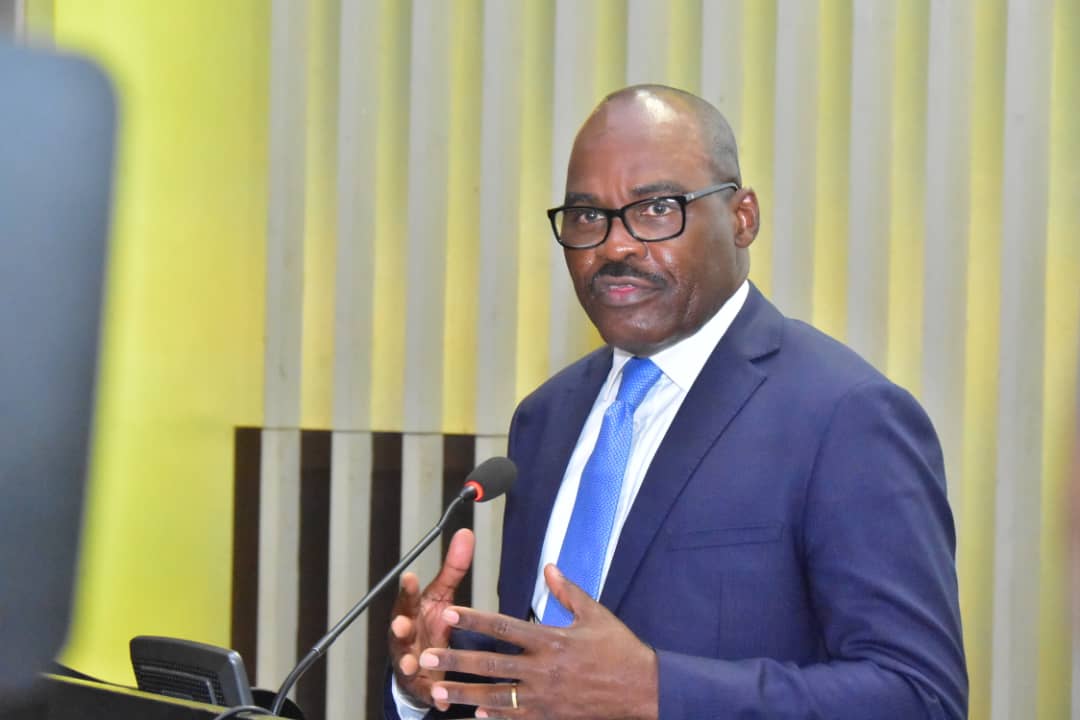Democratic Republic of Congo Finance Minister Nicolas Kazadi has been linked to excessive abuse of public resources in relations to mining deals under a restructuring program with the Chinese investors.
Information gathered show that Kazadi is at the center of overhauling a $6 billion infrastructure-for-minerals deal with Chinese investors.
The critical role Kazadi has played has seen the official amass exponential wealth some of which he has used to purchase properties abroad.
Kazadi is the face of the government of President Tshisekedi which has engaged in active talks with representatives of Sicomines, a cobalt and copper joint venture with Chinese state-owned firms, as well as China’s CMOC Group Ltd (603993.SS) massive Tenke Fungurume (TFM) copper and cobalt mine.
The official is allegedly receiving huge kickbacks from the Chinese investors to help the renegotiate favorable terms of their contracts as they control the minerals of the DRC.
Kazadi recently told Reuters that it was important for the Tshisekedi administration to re-design the agreements to help finance development projects in the DRC.
A 2007 deal struck by former president Joseph Kabila in which Sinohydro Corp (SINOH.UL) and China Railway Group Limited agreed to build roads and hospitals in exchange for a 68% stake in the Sicomines venture as well as a 2008 contract with CMOC is under review by President Tshisekedi’s administration and Kazadi is at the center of the operation.
“We have already a framework, we have some key elements of change that we want to bring in that agreement,” Kazadi told Reuters of Sicomines, though he declined to provide further details.
However, sources have disclosed that it is in the hidden details that Kazadi and high ranking officials in the Tshisekedi administration are making a killing and siphoning billions of dollars.
“This is a massive syndicate that is killing an already dead country. These guys are really plundering the country without any form of remorse,” the source said.
Meanwhile, Kazadi has said a recently announced joint venture with the United Arab Emirates designed to end the illicit movement of precious metals from the country was a game changer aimed at dealing with challenges in Congo’s vast small-scale mining sector.
“In only five days they have managed to burn and export 27 kilograms,” Kazadi said, speaking of the joint venture that is owned 55% by the United Arab Emirates with the remainder owned by Kinshasa.
The countries along Congo’s eastern border have long been conduits for gold worth billions of dollars mined using rudimentary means by so-called “artisanal” miners.
“It will completely change the situation in Rwanda, and this is one of the reasons why Rwanda is absolutely angry with us, they are fighting us – that is the reality,” Kazadi said.
Late last year, fighting intensified in Congo’s east between the Congolese army and the M23 rebel group, causing a diplomatic rift between the two nations with Congo accusing neighbouring Rwanda of backing the M23, which Kigali denies.
The conflict has also hit Congo’s finances, with emergency spending in 2022 making up as much as 12% of total government spending and breaching the threshold of 10% for the first time in years, said Kazadi.
Asked about concerns raised by the International Monetary Fund over Congo’s surging emergency spending, Kazadi said the country had “a lot of spending linked to the war and the IMF, they know that.”
The Kinshasa government also expects to reach “an agreement by April” on financing of up to $1 billion from the IMF’s Resilience and Sustainability Trust (RST).
“We are working with the IMF to find a good programme with good objectives,” Kazadi said, adding that the lending facility for climate and pandemic preparedness should target rainforest, water, and energy.
Congo, he said, is also exploring the possibility of applying to the IMF’s food shock window, an emergency funding programme the Washington-based lender launched last year to help countries facing food price shocks after Russia’s invasion in Ukraine. Kinshasa aims to get access to $200-300 million.
Congo is also in talks with its financial advisers on the possibility of tapping international debt markets, specifically issuing debt linked to rainforest preservation efforts – so-called green bonds.
“We wanted to do it last year, but it was too early. This year I think some initiative will come out,” Kazadi told Reuters.
The sources in the DRC have cautioned the international community to be wary of the abuse of resources by the Congolese government officials.


